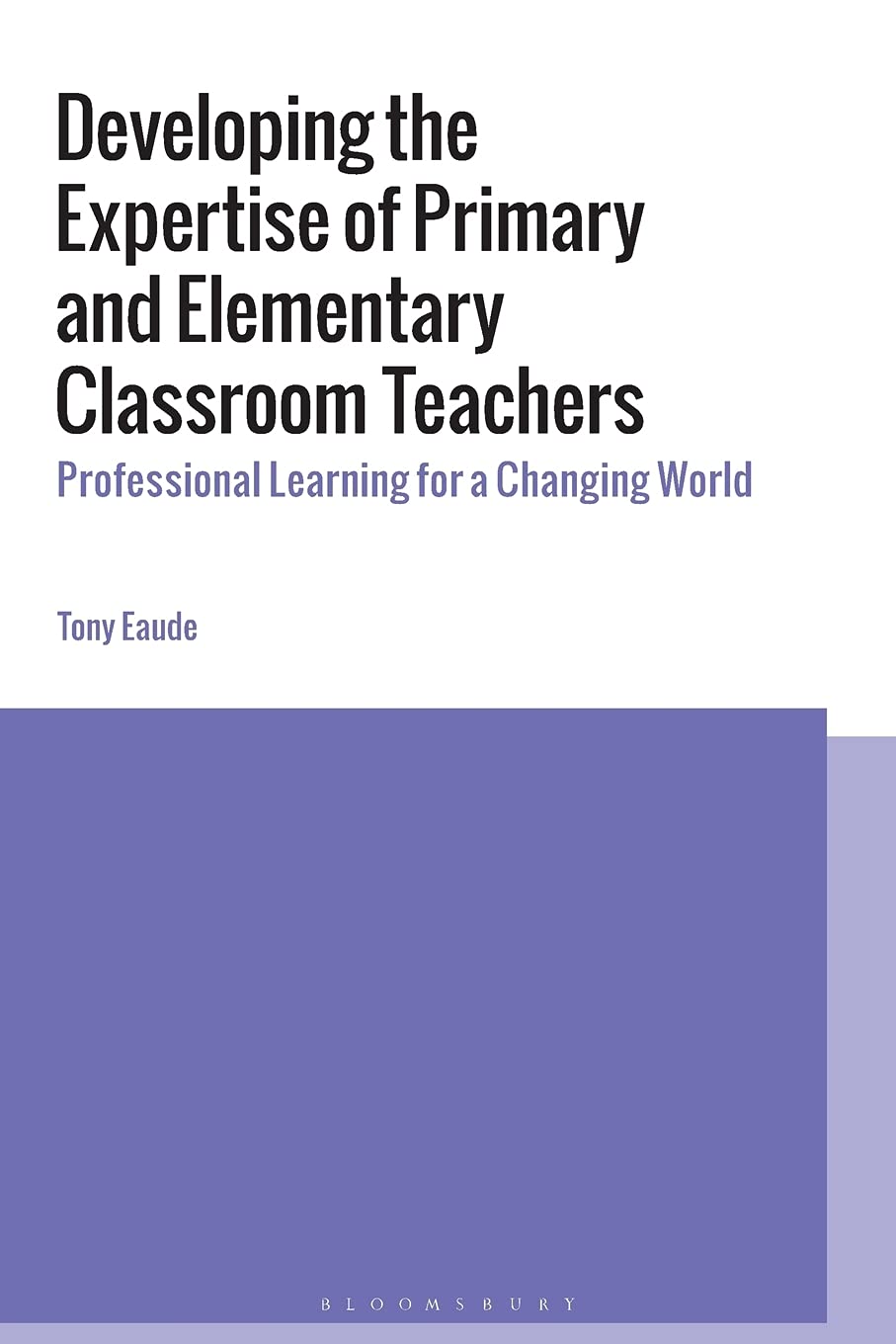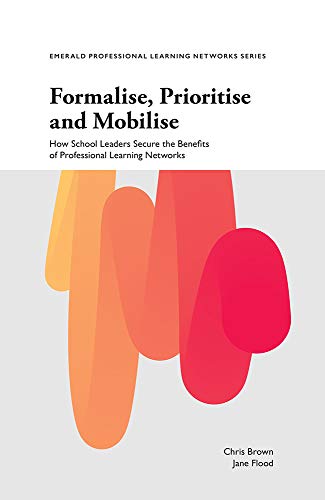Developing the Expertise of Primary and Elementary Classroom Teachers: Professional Learning for a Changing World - Tony Eaude
 Written by a former teacher, this book argues that effective classroom practice requires teachers to be attuned to needs of individual learners, using their knowledge and understanding to create of inclusive classroom environments. Eaude considers how primary teachers can successfully expand their expertise and develop a flexible, intuitive approach to planning, assessment and teaching.
Written by a former teacher, this book argues that effective classroom practice requires teachers to be attuned to needs of individual learners, using their knowledge and understanding to create of inclusive classroom environments. Eaude considers how primary teachers can successfully expand their expertise and develop a flexible, intuitive approach to planning, assessment and teaching.
Regular, contextualised professional learning that allows teachers to relate (and apply) theory to their own practice is identified as being central to the development of key skills and abilities. The book also outlines the role that professional learning communities can play in helping to enhance practice and improve outcomes.
Formalise, Prioritise and Mobilise: How School Leaders Secure the Benefits of Professional Learning Networks
 How can schools benefit from participating in professional learning networks and how worthwhile are the relationships that they foster between teachers and experts, such as university researchers? Brown and Flood use a single case study (the New Forest Research Learning Network) to demonstrate that such networks can be highly effective in promoting knowledge, sharing, innovation and helping disseminate new ideas and best practice.
How can schools benefit from participating in professional learning networks and how worthwhile are the relationships that they foster between teachers and experts, such as university researchers? Brown and Flood use a single case study (the New Forest Research Learning Network) to demonstrate that such networks can be highly effective in promoting knowledge, sharing, innovation and helping disseminate new ideas and best practice.
The authors argue that school leaders can play an important role in determining the success of such networks. For example, through linking the work of professional networks with school improvement plans, leaders can help to ‘formalise’ the network at a school level and maximise the effectiveness of engagement. Furthermore, undertaking practical activities within schools, related to the work a professional learning network, can generate positive results for both the individual school and other network members, as well as empowering participating teachers.



